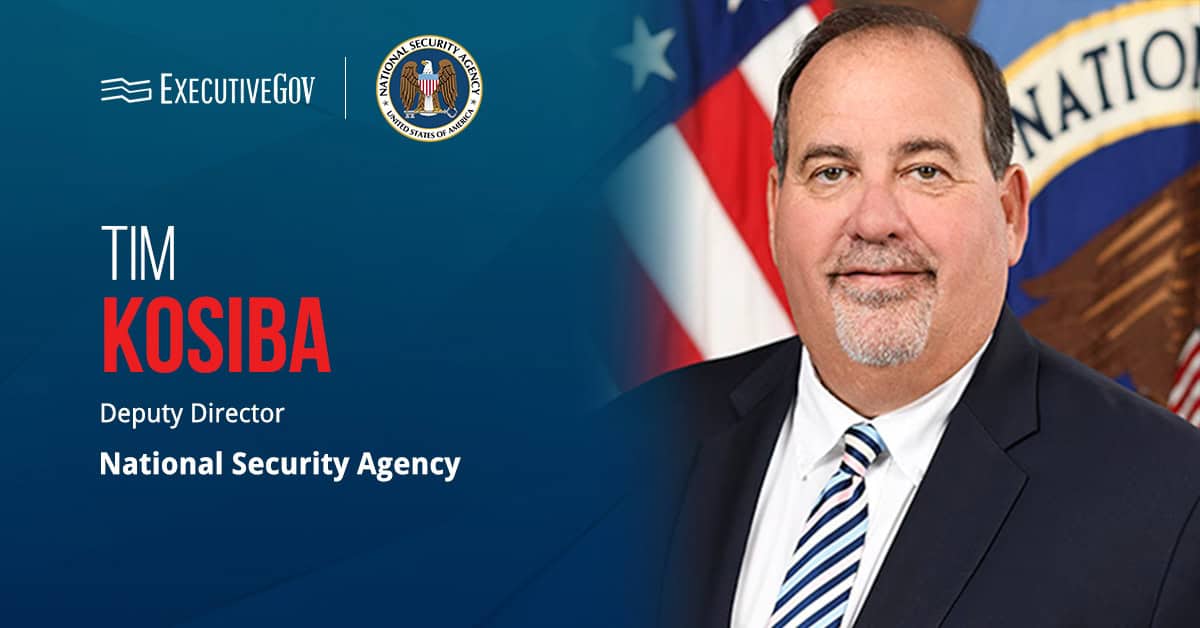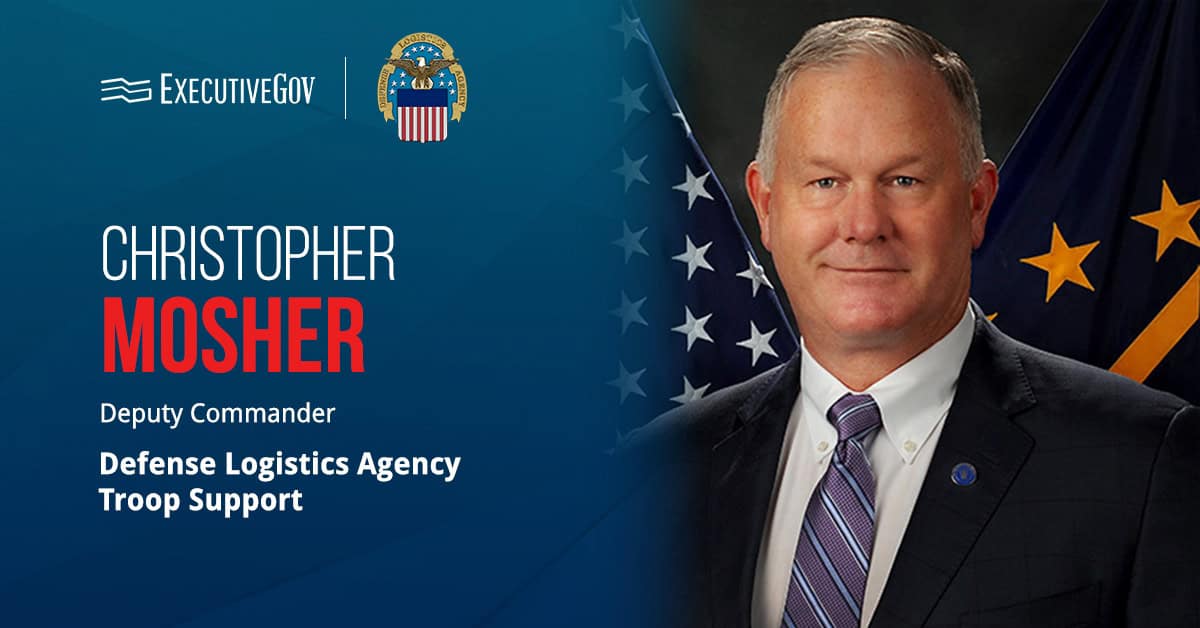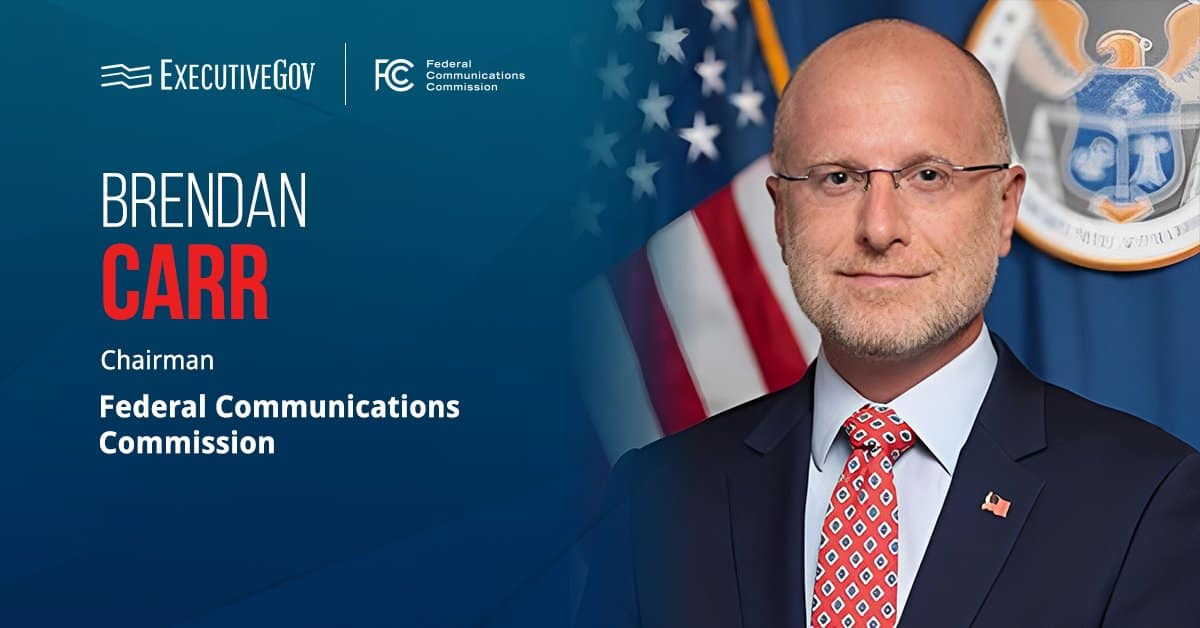
David Bernhardt, secretary at the Department of the Interior, has ordered DOI bureaus and offices to temporarily stop using its fleet of unmanned aircraft systems in operations that are not considered emergencies.
He signed the Secretary’s Order 3379 to discontinue non-emergency UAS use as the department looks to incorporate technological, domestic production and cybersecurity factors into drone procurement efforts. The order also covers UAS components that are subject to regulatory compliance and designed to collect, story and process data.
“Drone operations will continue to be allowed in approved situations for emergency purposes, such as fighting wildfires, search and rescue and dealing with natural disasters that may threaten life or property,” Carol Danko, a DOI spokesperson, said in a statement.





